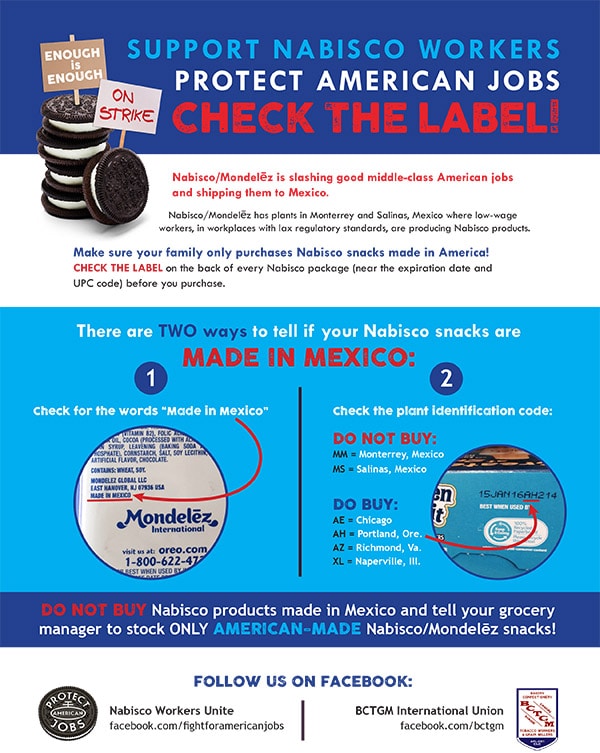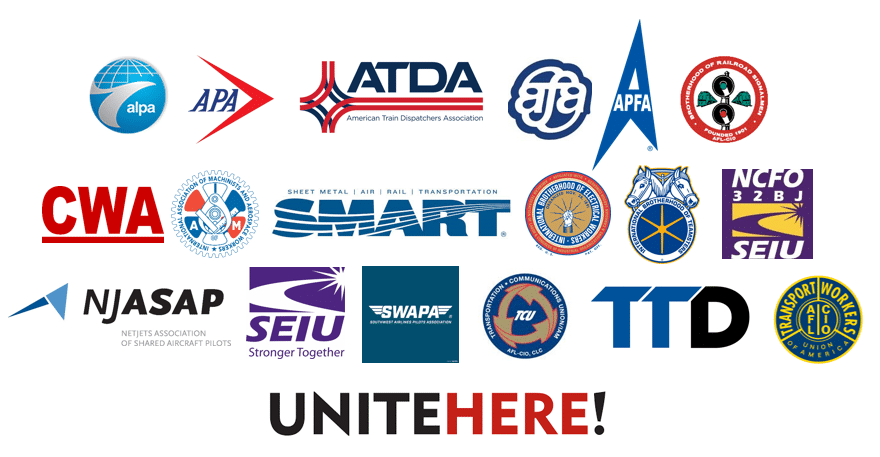SKAGWAY, Alaska (July 6, 2023) — SMART Transportation Division (SMART-TD) Local 1626, which represents operating personnel for the White Pass & Yukon Route (WPYR), authorized a strike late last week. The labor union and railroad have negotiated for nearly six years and have been unable to resolve disputes on wages, healthcare, workforce reduction and safety.
A strike will affect tens of thousands of vacationers visiting Alaska during the peak summer travel period.
SMART-TD is attempting to secure wages commensurate with cost-of-living increases seen over the past six years. Since the expiration of the previous agreement in 2017, workers’ wages have not changed, making it increasingly difficult for employees to cover basic living expenses. The railroad also wants to increase healthcare costs, further reducing employees’ take-home wages.
The carrier also seeks to reduce the workforce by a third by removing the brakeman from every train, a safety-critical position for trains that routinely carry 600 passengers. While engineers operate the controls of the locomotive, brakemen and conductors work from the train cars, where they can ensure the safe passage of those aboard. They also protect the public as the train travels through the busiest parts of town. Removing the brakeman and depending entirely on conductors to perform twice the work would endanger passengers and the public. Safety is the highest concern for SMART-TD, and we refuse to endorse or agree to carrier’s proposal that puts passengers, employees, and the public at risk.
The parties engaged in a marathon round of a mediation late into each night through the holiday weekend. The three-day session failed to break the logjam and ended with SMART-TD rejecting the railroad’s offer. The future of negotiations is in limbo as the parties did not agree to a future meeting date at the conclusion of the meetings this past weekend.
SMART-TD Vice President Brent Leonard, who joined the negotiations in the spring of 2023 and participated in the negotiations through the holiday weekend, stated: “I’m very proud of the resolve and commitment of the Local 1626 negotiating team. Six years is far too long for these families to go without normal raises, particularly when the costs of living have risen so sharply. Many of these men and women leave their homes and families for several months of the year in order to work for this railroad. They are dedicated employees who deserve a fair recognition of their work from their employer. SMART-TD is committed to whatever is necessary to achieve a fair resolution for these men & women and their families.”
Contract negotiations are in mediation in accordance with the Railway Labor Act. If SMART-TD and WPYR cannot resolve the dispute, they can be released from mediation and offered arbitration. If both parties do not agree to arbitration, a 30-day cooling-off period will occur after which a strike could occur. If a strike was to occur, complete carrier shutdown would happen. No trains would operate, and cruise ship passengers would be left without transport.


